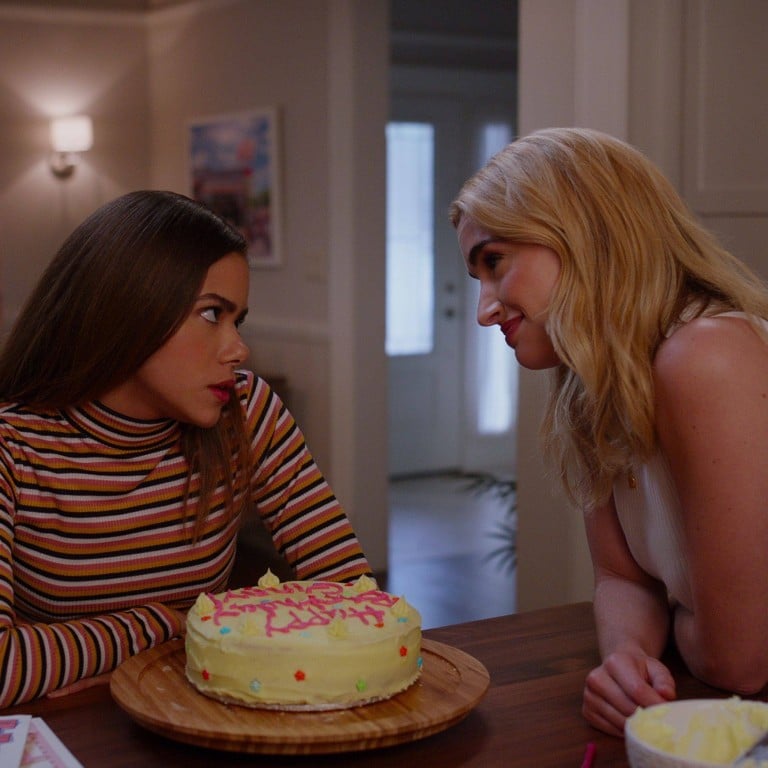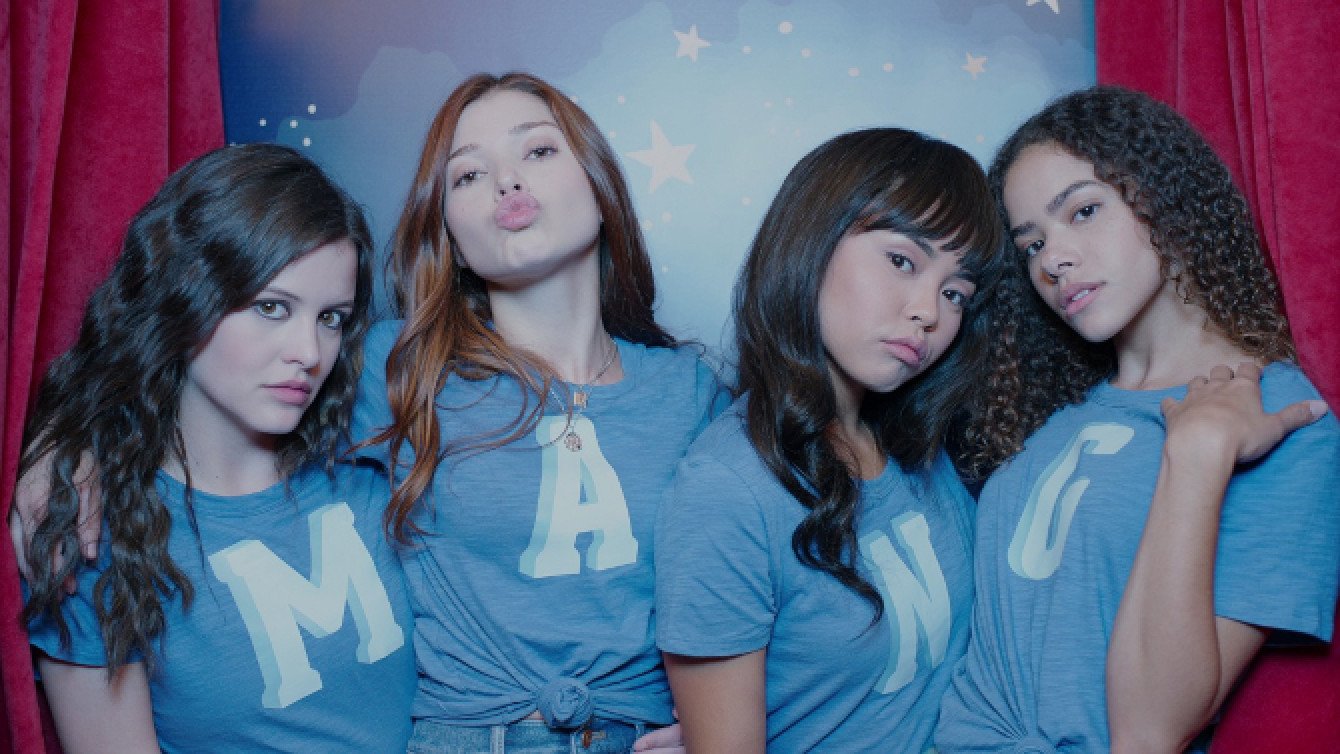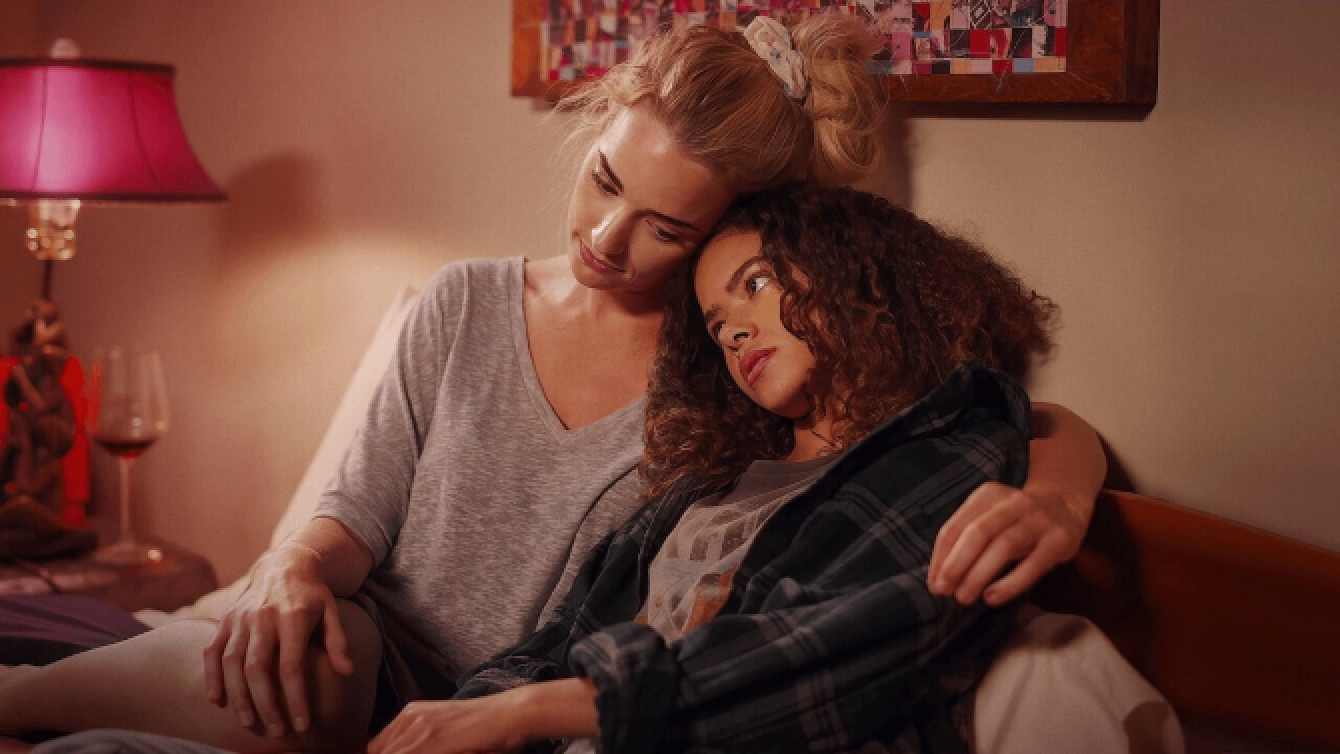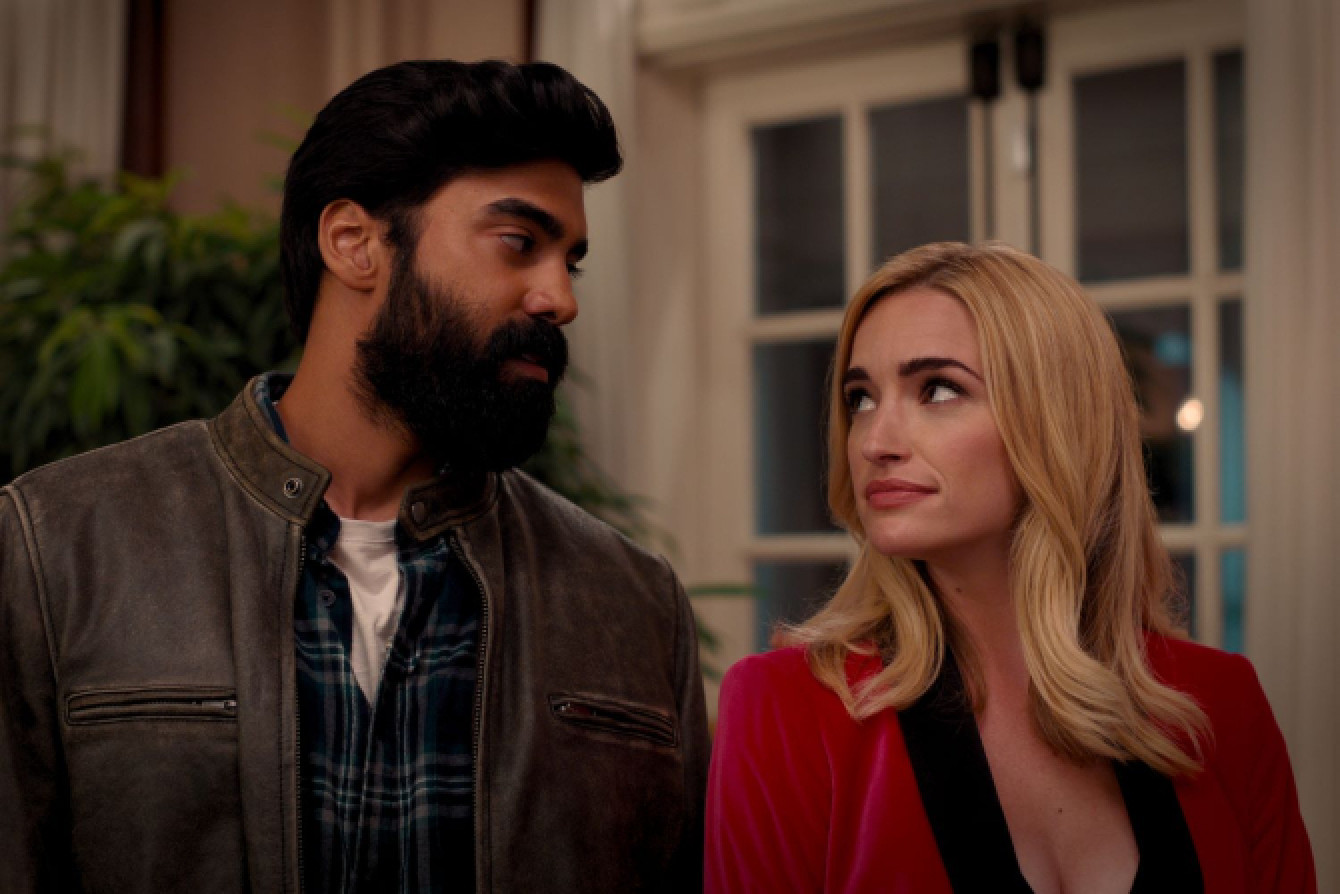Opinion / Was Taylor Swift fair to call out Netflix’s Ginny & Georgia? That sexist joke was out of line, but now her fans are going after star Antonia Gentry

In case you’re out of the loop: on February 24, Netflix dropped Ginny & Georgia, an American dramedy about 15-year-old Virginia “Ginny” Miller (played by Antonia Gentry), her 30-year-old mum Georgia, and their lives together. In episode 10, Ginny drops a bomb while fighting with her mum, saying, “What do you care? You go through men faster than Taylor Swift.”
Here’s what Swift had to say in response:
So what’s the big deal exactly? The line was a joke made at the expense of a pop culture icon who everyone recognises. Swift rotating through boyfriends – and writing lyrics in her hit songs about them – is old hat; I’ve personally heard about it ever since I was in high school. Admittedly, when I first heard the line, I didn’t even blink. But the more I thought about it, the more I thought that Swift was right to call out Netflix on Twitter over it.
The View’s Meghan McCain put it well: she called the line a “microaggression”, explaining that it “sets the precedent that we as women should just lighten up and take it. That it’s so funny. That it’s OK, you’re just not in on the joke, when really it’s very hurtful. It’s very degrading and it’s not something you hear about male entertainers.”
Indeed, Swift’s male counterparts like John Mayer, Ed Sheeran, Michael Bublé and Justin Timberlake – just to name a few – are known as players who write about their former flames in their songs, but are hardly dragged for it the way Swift has been. This is a double standard that any woman will be familiar with.
The joke is even more ironic when Ginny & Georgia seems to position itself as a narrative that attempts to discuss the US’ views and expectations on women, especially young girls.
And how did netizens respond? Reactions online have been mostly supportive of Swift, though some users also praised the show.

It wouldn’t be fair to judge an entire show based on a single line, but since I watched the full series I can give you the rundown. Ginny & Georgia’s plot centres around teenage problems that will be familiar to most of us. Even if you, like me, never went to an American high school, the tropes will be instantly recognisable – just look at classic US teen movies like 2004’s Mean Girls and 2010’s Easy A.
Pop queens of Covid-19, ranked: Blackpink, Taylor Swift and more

Such racial tensions can be spotted both in the classroom and among Ginny’s friends: when Abby and Norah (played by Katie Douglas and Chelsea Clark) attempt to steal from a local boutique, they put the blame on Ginny. Ginny’s AP English teacher racially profiles her and singles her out in class on multiple occasions.
The characters face an array of personal difficulties too. Ginny resorts to self-harm in moments of anxiety and stress, and Abby has body dysmorphia and tapes her thighs with duct tape.
But what’s dissatisfying about these conflicts is that we never see the characters evolve. If anything, they seem to run away from their problems rather than dealing with them, and the overall effect is that of adults writing a script about high schoolers without actually understanding them.

And then there’s Georgia and her mother-daughter relationship with Ginny, which follows the tradition of shows like Thelma & Louise and Gilmore Girls. Georgia is attractive, constantly surrounded by men (like dashing love interests Joe, played by Raymond Ablack and Zion, played by Nathan Mitchell) and considers her looks to be the biggest “weapon” in her arsenal.
Taylor Swift is worth over US$300 million – so how does shespend it?
She’s also, to put it simply, a character who’s easy to fall in love with. She’s free-spirited, energetic, ruthless, persistent and charming, and Brianne Howey does a great job playing her. She also has effortless on-screen chemistry with Ginny.

Gentry responded to her haters by indirectly suggesting that they direct their energy and attention at more worthwhile issues, posting an article by The Washington Post to her Instagram Stories with the caption, “317 girls aged 12 to 16 were abducted from a school in Nigeria on Friday and there’s barely a squeak in the media. What a world we live in.”
She also thanked fans of the show in an Instagram post, expressing her gratitude for the opportunity to portray a complex biracial character – again, without addressing the Swift backlash.
“Thank you for the love and support you have shown me and our show, Ginny & Georgia, over the last week,” she wrote. “I never would have imagined something like this as a young girl – that is, having a voice capable of impact. It is so meaningful to see the hundreds of messages from fans in my inbox who feel seen, heard and understood because of the show and its characters.
“As someone who grew up feeling voiceless and unimportant, and who did not see herself reflected on screen, Ginny Miller was finally a reprieve. Finally, a character who was just as confused and imperfect as I was gets a chance to exist. Ginny Miller, though fictional, is a character who reflects all of life’s contradictions and imperfections.”
This article originally appeared on Buro Malaysia.
Want more stories like this? Sign up here. Follow STYLE on Facebook, Instagram, YouTube and Twitter.

- The hit dramedy takes cues from classic teen films like Mean Girls and Easy A as well as mother-daughter-focused sitcoms Thelma & Louise and Gilmore Girls
- The show might have a feminist message, so why did it take jabs at real-life female celebrities like Lady Gaga and Lana Del Rey?